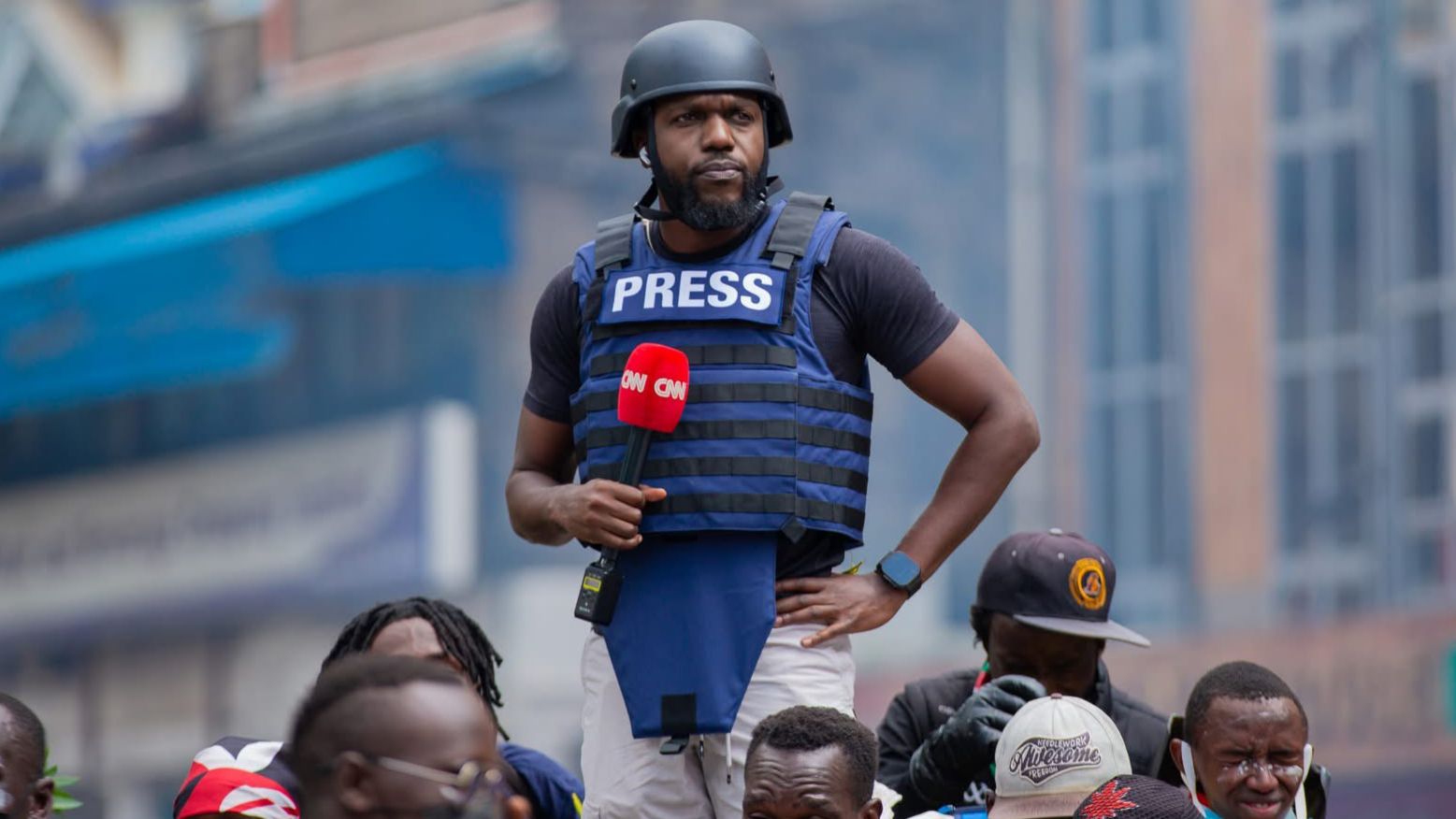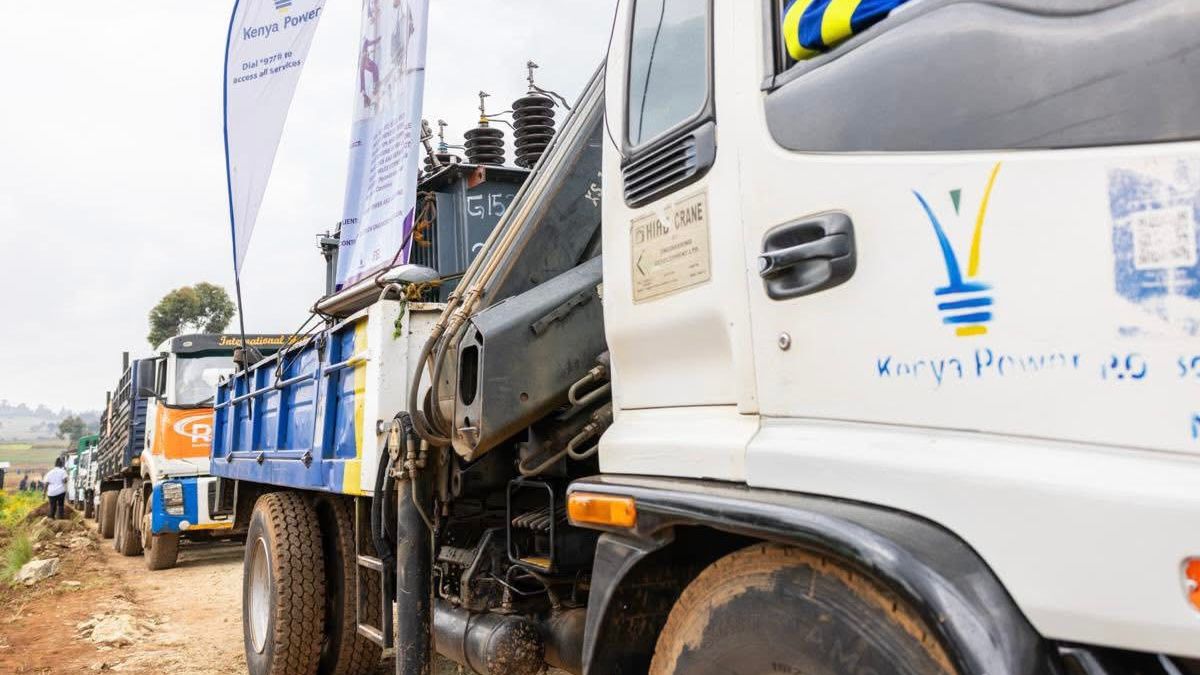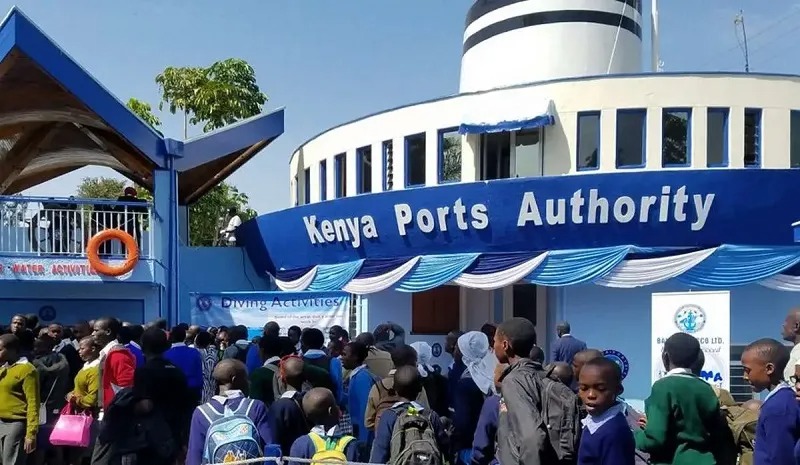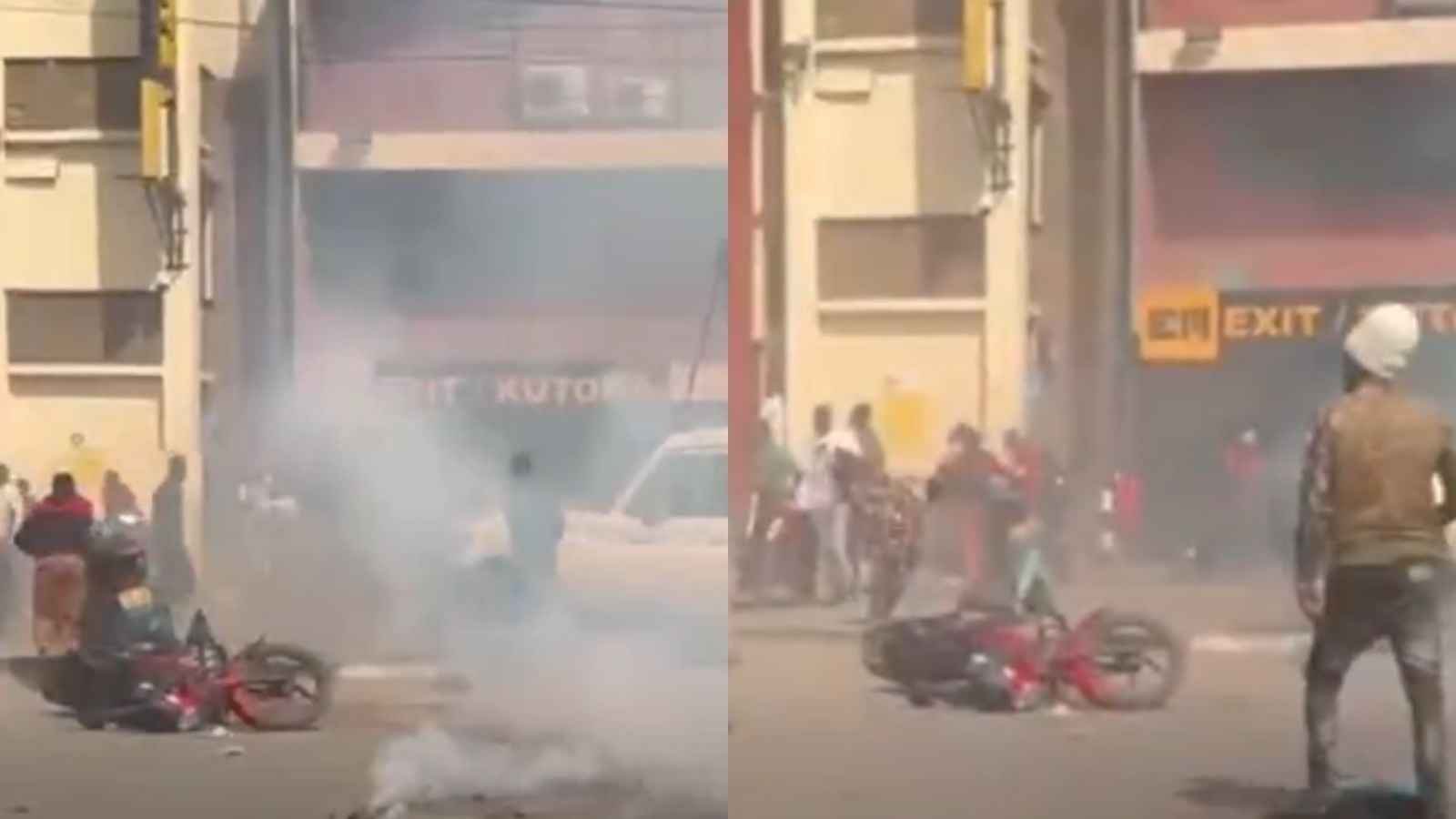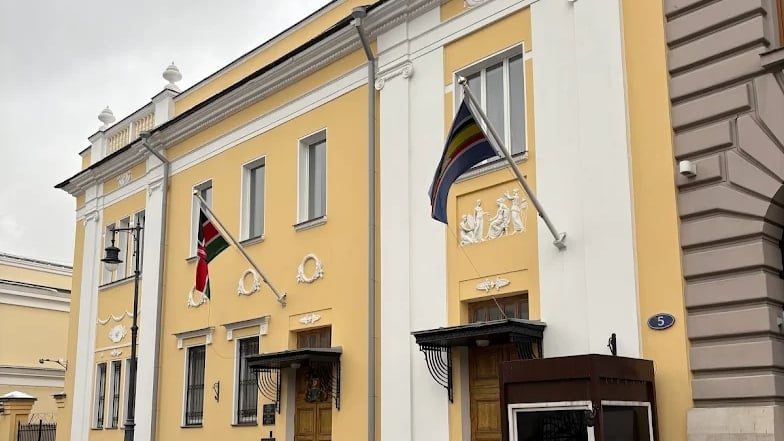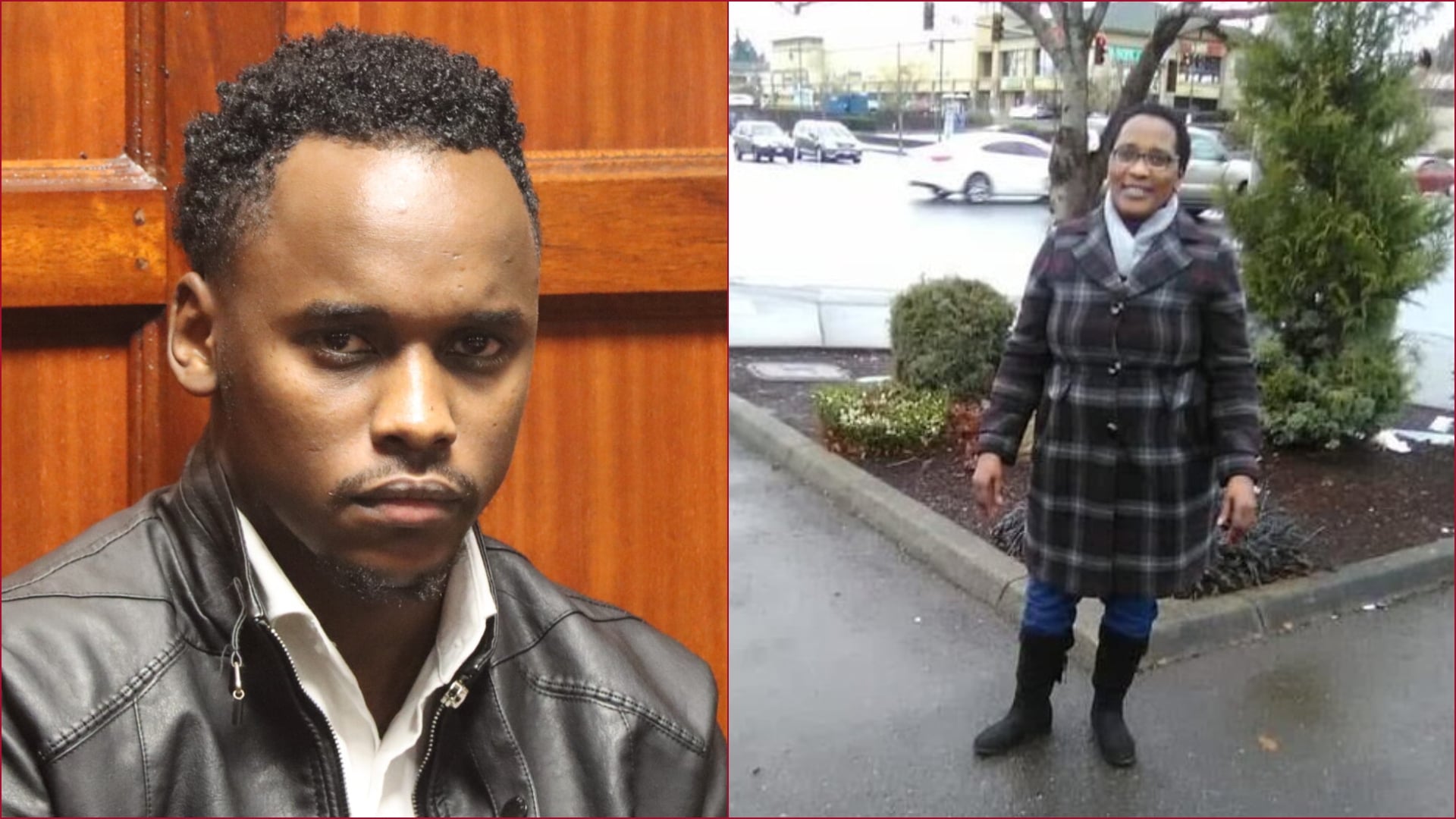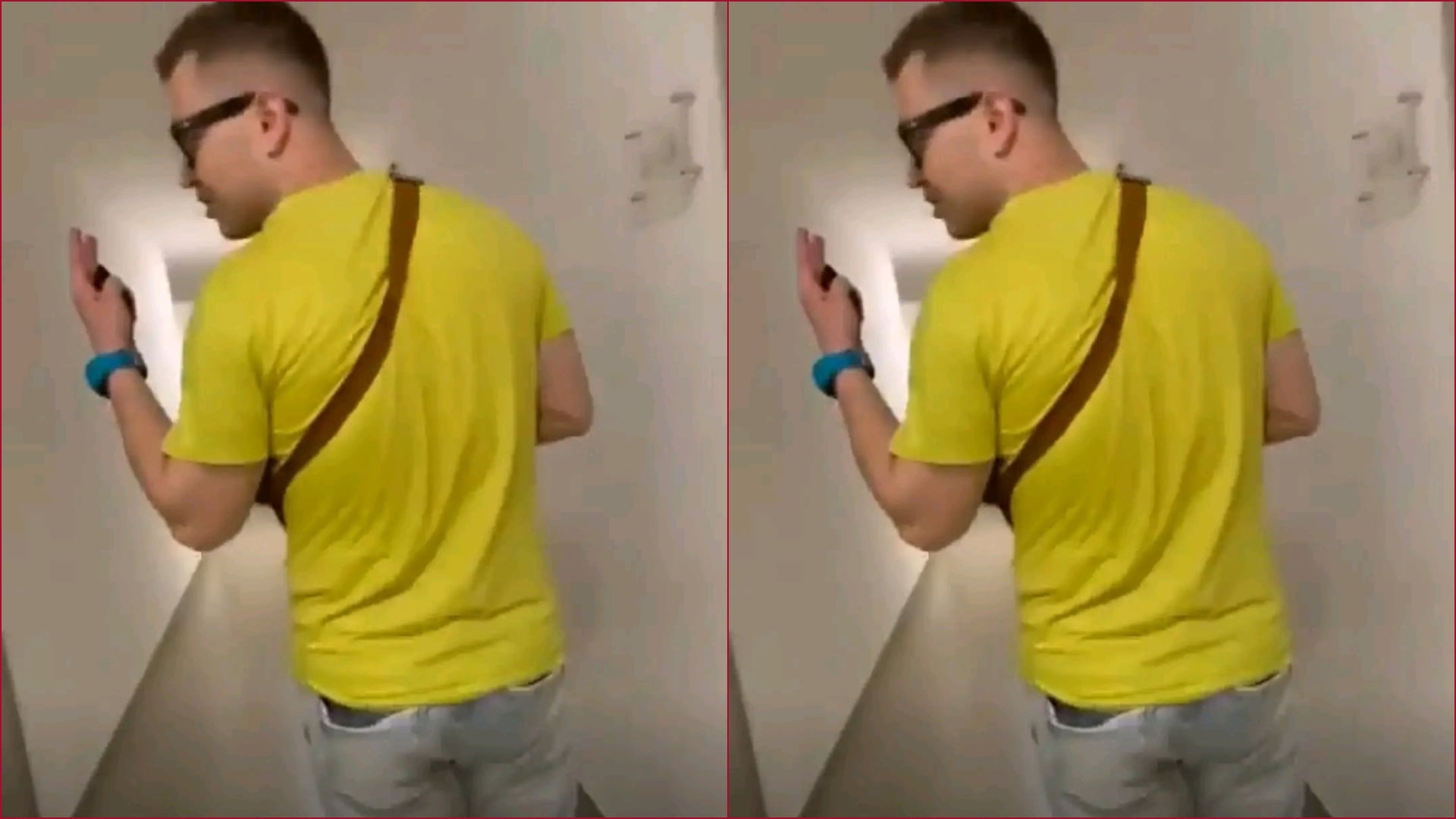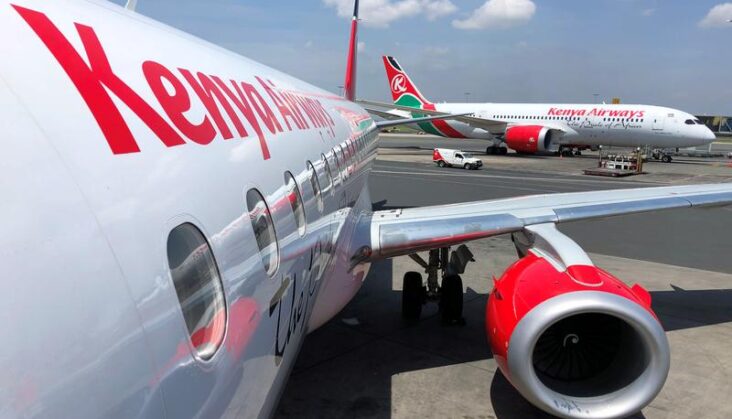CNN International Correspondent Larry Madowo has explained that he is not covering the Tanzanian general election and the nationwide protests because the Tanzanian authorities do not like independent reporting.
Speaking on Thursday, October 30, Madowo noted that foreign journalists must obtain media accreditation to report in the country, a requirement he said the Tanzanian government rarely fulfills.
Madowo pointed out that historically, obtaining media accreditation in Tanzania has been difficult, adding that the situation has worsened under President Samia Suluhu.
“Why am I not covering the election in Tanzania and the aftermath, and I am all the way up here in Las Vegas? The simple reason is that Tanzania does not like independent critical reporting.
“To operate in the country as a foreigner, I need media accreditation, so essentially permission from the government, and historically, Tanzania does not issue these permits. It used to be a problem even under President Magufuli. It has not gotten better under President Samia Suluhu,” he stated.
Read More
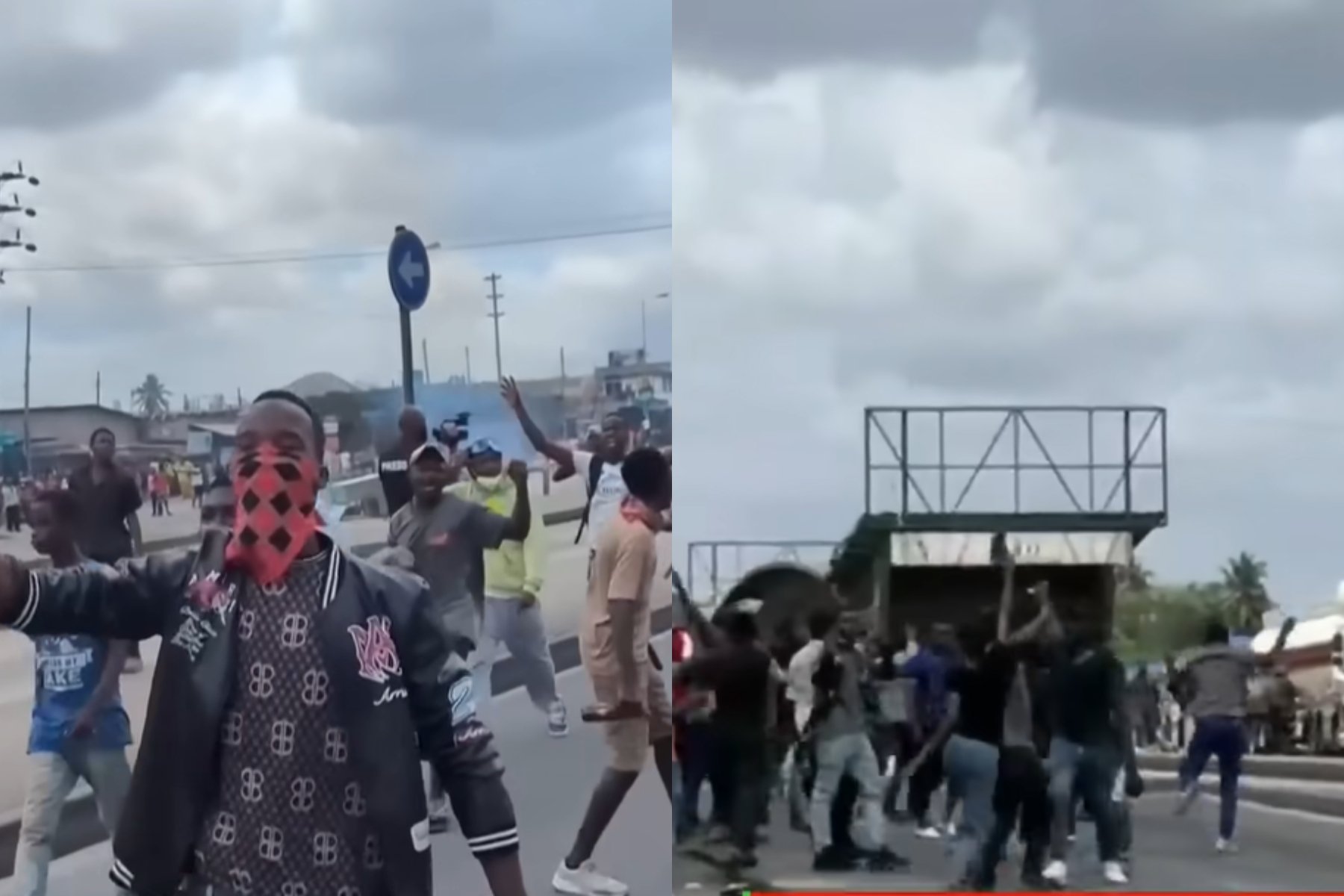
However, the CNN international correspondent said he can visit Tanzania as a tourist without a visa since he is a Kenyan citizen, but noted that he would risk arrest and deportation if he attempted to do any news reporting.
“Could I go as a tourist because I don’t need a visa as a Kenyan, yes, but I am not allowed to report in that status. I would be in violation of the law. I could be arrested, deported, or worse,” Madowo added.
Madowo’s explanation comes after a section of social media users questioned why he was not covering the Tanzanian election.
Widespread demonstrations erupted in Tanzania on Wednesday, October 29, as the country headed into the ballot to elect a new president and members of parliament.
The protests were witnessed in major cities including Dar es Salaam, Arusha, Mwanza, and Mbeya.
Some demonstrations turned violent with the police responding with tear gas, live ammunition, and water cannons.
In Zanzibar's Stone Town, protesters dismantled billboards of the ruling party and chanted anti-government slogans.
The angry protestors also set ablaze polling centers and torched police vehicles.
The unrest erupted amid accusations of electoral manipulation, suppression of opposition voices, and a lack of fair competition.
Following the protests, Tanzanian police have imposed a nationwide curfew and mounted several roadblocks.
Tanzanian authorities have also shut down the internet, with independent observatory NetBlocks reporting widespread disruptions to digital communications as voting and protests intensified.
